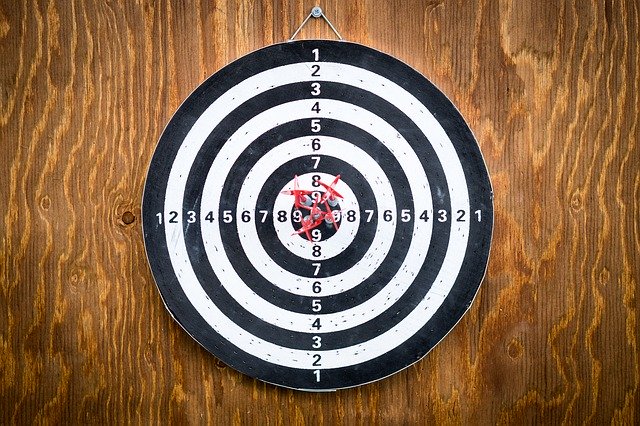
Trust Your “Emotional Brain”
Our ability to use logic and reason is one of our greatest strengths as human beings. But what about our emotions? No doubt, our “rational brain” is a vital part of living a satisfying, successful life. Studies are now suggesting, however, that our “emotional brain” can be just as useful when making decisions! The secret is learning when exactly we should listen to our “gut,” and when it may be holding us back.
Consider these three ways to learn to trust your emotional brain:
Instinct Versus Fear: You are faced with a decision. You feel, in your gut, that you don’t want to take the opportunity that’s presented to you. But one common barrier to accessing our instinctually beneficial gut feeling is the prevalence of fear. Our fears, doubts, and insecurities can jump to the forefront when we are presented with something even a little bit unfamiliar or risky. Take time every day to strengthen your mind against your doubt and self-limiting beliefs. Be sure that if you make a particular decision, that you listened to the information your gut is telling you, and not just fear. There are truly bad ideas, and then there are ones that intimidate us, but can pay us back handsomely if we follow through with them.
Give the Instinct to a Friend: If you are worried your instinct is leading you astray, pretend that your best friend has come to you with the same decision and with similar instincts. We are often much harder on ourselves than our friends. Try to extract yourself from your situation and to look at it from another perspective. We have our instincts for a reason! If we step back, we may realize our gut is having a perfectly normal response to the decision at hand.
Listen to Yourself After Bad Outcomes: Whether you had bad luck or made a mistake, you will occasionally find yourself in a situation where a wrong decision was, at some point, clearly made. Instead of letting yourself become wrapped up in the emotions of negative outcomes, take the time to check in and thoroughly assess what happened. Rather than beating yourself up, ask, “What can I learn from this?” Our mistakes can often be our greatest teachers. In addition, our brain and instincts tend to kick into clear, high function after we have experienced any kind of misfortune. Trust your instincts in these moments, as they will likely help you make the right decision moving forward.
If you would like to learn more about how you can make better personal, professional, and financial decisions, visit the Syncis blog at www.syncis.com/blog.



